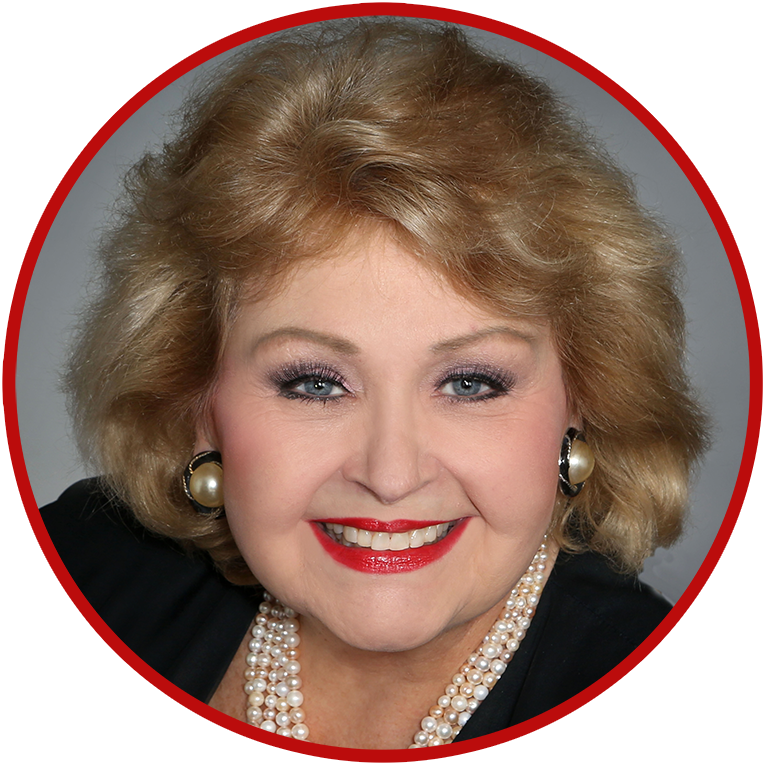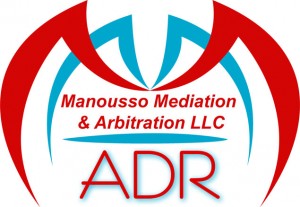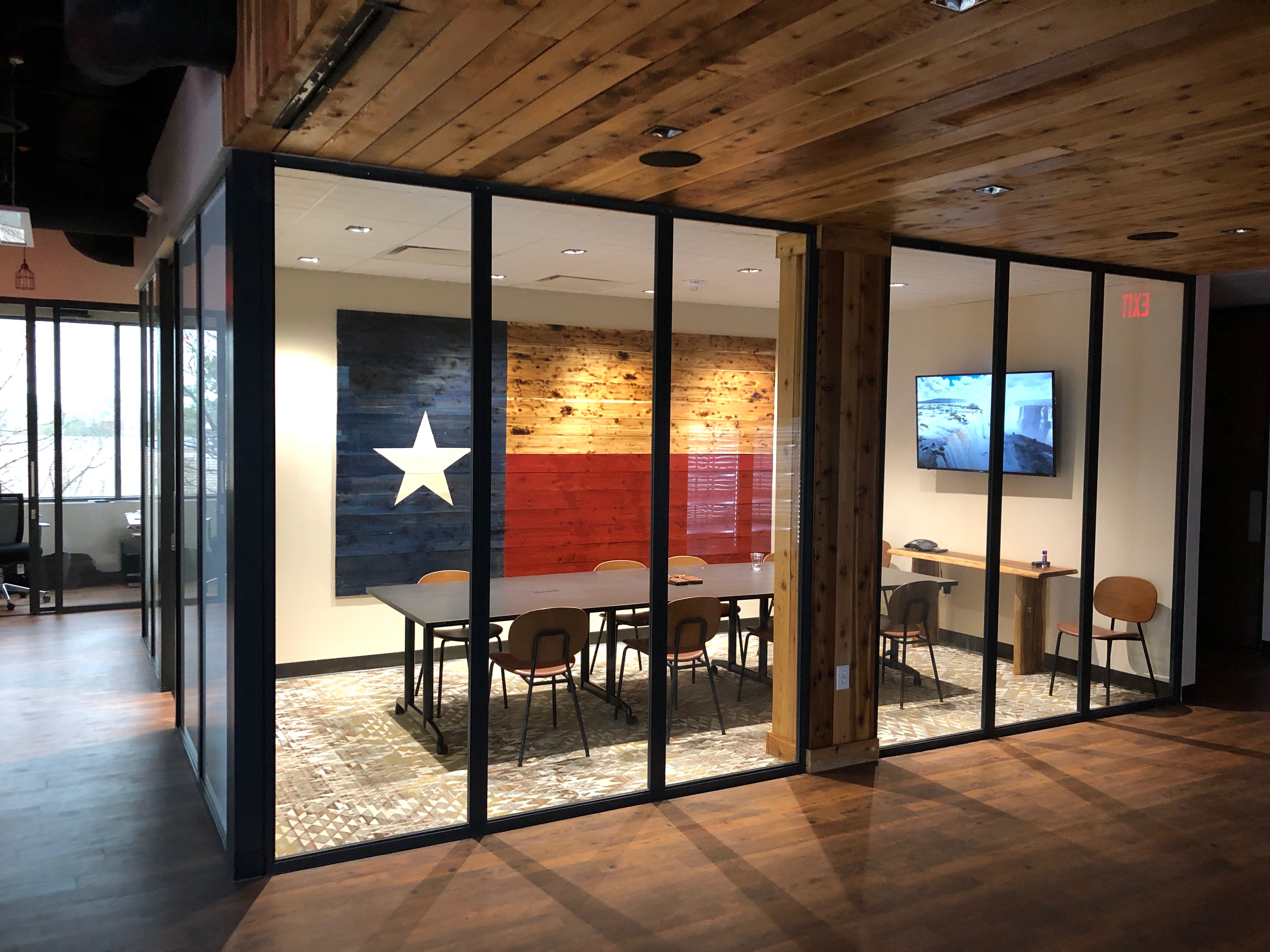
Arbitration Training

This course is complemented by lecturers from Manousso Mediation and the Houston Better Business Bureau, internationally through ZOOM!
This arbitration training covers communication practices during hearings and meetings and in writing arbitration awards. You will learn the format and process of opinion writing, as well as theory:
- Arbitration agreements, recognition and enforcement of the agreement
- Preliminary meetings, meeting procedures and arbitrator powers
- Hearings
- Court involvement in arbitration
- Remedies
- Assessment of evidence
- Decision making
- Awards – form writing
- Post award
- Ethics for arbitrators
This ten hours training will be held from 9:00 AM until 6:30 PM on ZOOM with an assignment. Included in tuition is your certificate and notebook,
This course does not meet the requirements for Texas Tax Code Sect. 41A.06 through the Texas Comptroller’s real estate tax program, but it meets and exceeds all other requirements for arbitration programs, especially the Better Business Bureau’s consumer and the AutoLine programs, as well as FINRA, Texas Department of Insurance, Federal Surprise Billing, Texas Education Agency, Family-Divorce cases, Federal, City, County, and all other national and international arbitration panels and opportunities.
Expand your ADR horizons! Most arbitration panels prefer that the arbitrator also has 40 hours of basic mediation training.
Arbitration
Arbitration, a form of alternative dispute resolution (ADR), is a legal technique for the resolution of disputes outside the courts, wherein the parties to a dispute refer it to one or more persons (the “arbitrators”, “arbiters” or “arbitral tribunal“), by whose decision (the “award“) they agree to be bound. It is a settlement technique in which a third party reviews the case and imposes a decision that is legally binding for both sides.[1] Other forms of ADR include mediation[2] (a form of settlement negotiation facilitated by a neutral third party) and non-binding resolution by experts. Arbitration is often used for the resolution of commercial disputes, particularly in the context of international commercial transactions. The use of arbitration is also frequently employed in consumer and employment matters, but there arbitration is not voluntary but is instead imposed on consumers or employees through legislation or adhesion contracts, denying individuals their right to access the courts.
Arbitration can be either voluntary or mandatory (although mandatory arbitration can only come from a statute or from a contract that is voluntarily entered into, where the parties agree to hold all disputes to arbitration, without knowing, specifically, what disputes will ever occur) and can be either binding or non-binding. Non-binding arbitration is, on the surface, similar to mediation. However, the principal distinction is that whereas a mediator will try to help the parties find a middle ground on which to compromise, the (non-binding) arbitrator remains totally removed from the settlement process and will only give a determination of liability and, if appropriate, an indication of the quantum of damages payable. For more information, click here.
Syllabus
2020 Arbitration Certificate Skills: – 9 hours (9 MCLE/CEU, 4 MCLE in ethics)
Overview of Arbitration Process 8:30 AM until 9:00 AM |
Judge Josefina Rendon Arbitrator-Mediator |
Ethics in Arbitration 9:00 AM until 9:45 AM |
Melissa Back, JD, Arbitrator-Mediator |
Break 9:45 AM until 10:00 AM |
15 minutes |
| Basic Arbitration Skills: Overview and The Role of the Arbitrator 10:00 AM until noon |
Lori LaConta, JD., MBA Mediator-Arbitrator President of LERA Labor Employment Relations Association, and AAA panelist |
Lunch(12:00 PM until 1:00 PM) Exercises |
60 minutes |
BBB Arbitrations and BBB Opinions 1 PM until 2:00 PM |
ADR Coordinator for the Better Business Bureau |
Ethics and Statutory Requirements continued 2:00 PM until 3:00 PM |
Melissa Back, JD, Arbitrator |
| Break 3:00 PM until 3:15 PM |
15 minutes |
Writing an Opinion: Indentify the Issues 3:15 PM until 4:00 PM |
Judge Alvin Zimmerman Mediator-Arbitrator |
Exercises and Role Plays 4:00 PM until 4:45 PM |
Dr. Manousso Mediator-Arbitrator |
Writing an Opinion Exercise 4:45 PM until 6:00 PM |
Melissa Back, JD,Mediator-Arbitrator |
Course overview addresses this curriculum:
- Communication practices during hearings and meetings
- Writing arbitration awards
- Arbitration agreements, recognition and enforcement of the agreement
- Preliminary meetings, meeting procedures and arbitrator powers
- Hearings
- Court involvement in arbitration
- Remedies
- Assessment of evidence
- Decision making
- Awards – form writing
- Post award
- Ethics for arbitrators in
Lecturers
 Barbara Sunderland Manousso, Ph.D., MPH, a Texas Distinguished Credentialed Mediator, has been arbitrating since 1993. She has served on a variety of arbitration panels as a solo arbitrator or member of a panel for city, state, and federal contracts. She also arbitrates as a consumer arbitrator and specializes in medical cases.
Barbara Sunderland Manousso, Ph.D., MPH, a Texas Distinguished Credentialed Mediator, has been arbitrating since 1993. She has served on a variety of arbitration panels as a solo arbitrator or member of a panel for city, state, and federal contracts. She also arbitrates as a consumer arbitrator and specializes in medical cases.
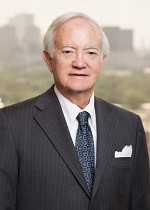
Judge Alvin Zimmerman, J.D. having served as Judge of two different district courts in Harris County (the 309th Family and 269th Civil District Court) has been involved in over 500 arbitrations in which he has been a solo arbitrator, a member of a panel and chair of the panel. These cases range from pro bono small fender bender, to complex cases involving multi-million dollars in damages.
The subject matter has included health law, contracts, employment, family law, securities, insurance, personal injury etc. He is a Fellow in the CIarb, American Academy of Matrimonial Lawyers (and passed his written exam for arbitration in both organizations), and a panelist on complex matters for the American Arbitration Association, and he also serves with CPR.
 Lori LaConta, JD, MBA, a Texas Distinguished Credentialed Mediator, has been an arbitrator for many years with focus on employment and labor arbitration. She served as the president of the Houston area Labor Employment Relations Association (LERA), is the former president of the Association on Conflict Resolution (ACR) Houston Chapter. and is past-president of the Texas Association of Mediators. She for many years has served as an Arbitrator for the American Arbitration Association and the Federal Mediation and Conciliation Service in Washington, D.C. and is a professor in business management at the University of Houston ClearLake.
Lori LaConta, JD, MBA, a Texas Distinguished Credentialed Mediator, has been an arbitrator for many years with focus on employment and labor arbitration. She served as the president of the Houston area Labor Employment Relations Association (LERA), is the former president of the Association on Conflict Resolution (ACR) Houston Chapter. and is past-president of the Texas Association of Mediators. She for many years has served as an Arbitrator for the American Arbitration Association and the Federal Mediation and Conciliation Service in Washington, D.C. and is a professor in business management at the University of Houston ClearLake.
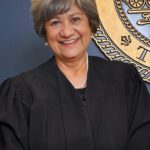 Judge Josefina Muñiz Rendón, JD is a 1976 graduate of the University of Houston Law Center and has been a third party neutral for over 30 years as judge, arbitrator. or mediator. In 2008, she was elected Judge of the 165th Civil District Court in Harris County, Texas. Prior to that she had been a Judge for the City of Houston Municipal Courts (1983-2008) and Vice-chair of the city’s Civil Service Commission (1980-1983). Rendon is past president of the Texas Association of Mediators. She mediated and/or taught negotiation for the U.S. Air Force, Army, and Navy as well as for several federal agencies until shortly before she became the Judge of the 165th. Between 1993 and 2008, Judge Rendon mediated well over 1,200 disputes predominantly in the areas of employment, family, and personal injury law. Rendon is a published author of over 100 articles and book reviews as well as a frequent speaker in the areas of conflict resolution, diversity, and law. She was editor of The Texas Mediator, a legal columnist for La Voz de Houston and an editorial board member of both the Texas Bar Journal and The Houston Lawyer. Born an American citizen in San Juan, Puerto Rico, Josefina has lived in Houston, Texas for over 40 years.
Judge Josefina Muñiz Rendón, JD is a 1976 graduate of the University of Houston Law Center and has been a third party neutral for over 30 years as judge, arbitrator. or mediator. In 2008, she was elected Judge of the 165th Civil District Court in Harris County, Texas. Prior to that she had been a Judge for the City of Houston Municipal Courts (1983-2008) and Vice-chair of the city’s Civil Service Commission (1980-1983). Rendon is past president of the Texas Association of Mediators. She mediated and/or taught negotiation for the U.S. Air Force, Army, and Navy as well as for several federal agencies until shortly before she became the Judge of the 165th. Between 1993 and 2008, Judge Rendon mediated well over 1,200 disputes predominantly in the areas of employment, family, and personal injury law. Rendon is a published author of over 100 articles and book reviews as well as a frequent speaker in the areas of conflict resolution, diversity, and law. She was editor of The Texas Mediator, a legal columnist for La Voz de Houston and an editorial board member of both the Texas Bar Journal and The Houston Lawyer. Born an American citizen in San Juan, Puerto Rico, Josefina has lived in Houston, Texas for over 40 years.

Constance K. Acosta, J.D. Connie’s practice area covers a wide range of disciplines, including 16 years experience commercial litigation and 18 years of experience in employment litigation, arbitration, grievances, and municipal law. Connie has 7 years experience in administration, management and social welfare. Connie has experience as a negotiator with municipalities, police departments, fire departments and emergency medical services. Connie obtained certifications in Mediation: Basic, Advanced Family Law and Advanced Elder Care, Arbitration – Hearing Examiner, Collaborative Law Attorney, and Guardian Ad Litem. Connie is a Member of the Governmental Section of the Firm, which acts as City Attorney and outside litigation counsel for various municipalities. Connie is also a Facilitator in Alternative Dispute Resolution and Conflict Resolution, and Trainer in all aspect of employment law.
